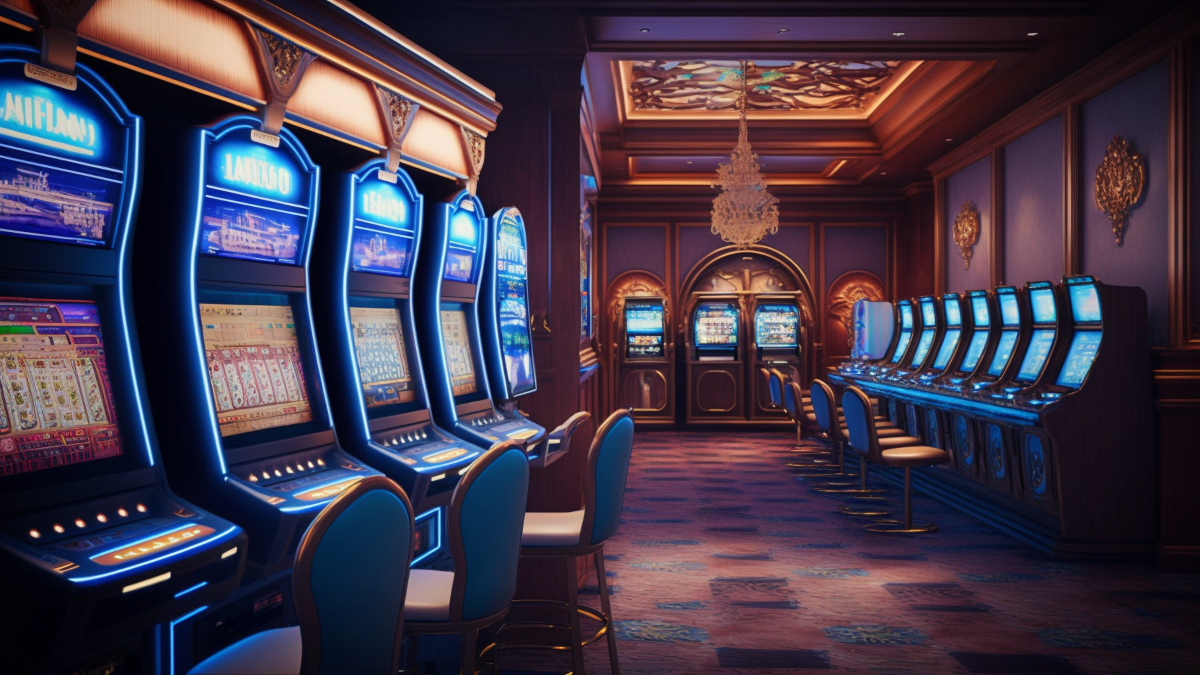
Casinos have long captivated the human imagination with their promises of wealth, excitement, and glamour. From the dazzling lights of Las Vegas to the opulent situs slot of Monte Carlo, these establishments have become synonymous with the thrill of gambling and the chance to win big. But beyond the glitz and glamour lies a complex world where psychology, mathematics, and entertainment converge to create an experience like no other.
A Brief History
The origins of the casino can be traced back to ancient civilizations where games of chance were played for entertainment and profit. However, it was in 17th century Italy that the concept of the modern casino began to take shape with the introduction of the Ridotto in Venice. This state-sanctioned gambling house paved the way for the proliferation of casinos across Europe and eventually the world.
In the United States, casinos first gained prominence in the early 20th century with the rise of Las Vegas as the ultimate gambling destination. Over the decades, Las Vegas evolved from a dusty desert town into a sprawling metropolis of casinos, hotels, and entertainment venues, attracting millions of visitors from around the globe.
The Psychology of Gambling
At the heart of every casino is the allure of the gamble – the chance to beat the odds and walk away a winner. But what drives people to risk their hard-earned money in pursuit of fortune? Psychologists point to a variety of factors, including the thrill of uncertainty, the desire for social interaction, and the hope of escaping financial hardship.
The casino environment is carefully designed to exploit these psychological triggers, from the flashing lights and ringing bells of the slot machines to the complimentary drinks and luxurious surroundings. Everything is meticulously orchestrated to keep players engaged and coming back for more.